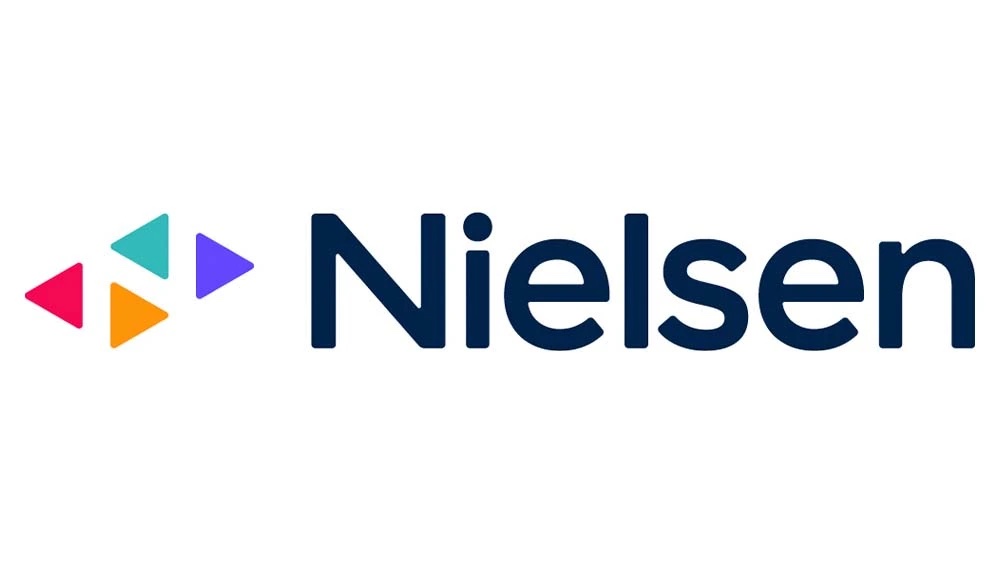European broadcasters resist Netflix invasion

The heavily-trumpeted entry by Netflix into the European online TV market looks like it is being dampened down by resistance from entrenched broadcasters preventing or delaying the U.S. VOD streaming vendor from getting hold of its premium content. Netflix had hoped that its UK and Ireland launch in particular would help regain momentum after losing 800,000 U.S. customers in the third quarter of 2011 as a result of its disastrous decision to unbundle its DVD mail order business from the streaming service, effectively doubling prices for some subscribers. But, as details emerged of Netflix deals with key content owners in the UK ahead of the launch early this year, it became clear that the offer may not be as compelling as it needs to be. First, while the Netflix deal with BBC Worldwide, the BBC’s commercial arm, does allow access to premium shows such as Top Gear, Doctor Who and Little Britain, they cannot be shown until six months after the scheduled broadcast.
Similarly, although yet to be confirmed, it looks like ITV will delay Netflix showing episodes of its award winning costume drama series Downton Abbey. This has already proved a successful export for ITV, with Netflix itself showing it in the U.S. But, in the UK, ITV has plans to make increasing revenue from its own streaming and catch up services, including advertising, and wants to avoid Netflix becoming too strong a competitor. Netflix would of course pay for the content, but the battle is not just about immediate revenues but future potential. For BBC Worldwide, there is a slightly different agenda, in that it is not allowed to charge for content distributed via the BBC iPlayer catch up service in the UK, but can elsewhere, and is doing so in the rest of Europe. While the BBC proclaims that it wants to make its content available through as many outlets as it can, again, like ITV, it wants to keep as much traffic as possible coming through its own platform.
At the same time, Netflix is also meeting competition in the UK from more direct streaming rivals, notably Amazon’s LoveFilm and Blinkbox, owned by the Tesco retailing group, which have both been competing by accumulating content deals of their own. LoveFilm in November 2011, signed a multi-year deal with Warner Bros, as well as with smaller distribution outfits like Entertainment One, StudioCanal and Moet British Independent Film Awards. Then in December Love Film did better still by striking a deal with Sony Pictures for exclusive streaming access to TV shows and films like The Social Network and Salt.
Meanwhile Blinkbox has set out its stall with a hybrid content service combining free advert-supported TV and movie content alongside paid for titles, having secured deals with five of the big six studios as well as 15 leading independent producers, including FremantleMedia, All3Media and Revolver Entertainment. It has also extended its reach by allowing YouTube to carry its films in its new Movies section, and through a deal with Samsung to stream directly through any of the latter’s Internet TVs.
While Netflix battles into the UK against these adversaries, it has put its plans for other European countries on hold. It had been expected to launch in Spain before the UK, but postponed that move indefinitely after the plummet in U.S. subscriptions and 27-percent share price drop caused by the ill fated unbundling of streaming from DVD mail order. The plan now is to focus on the UK and only attack the rest of Europe after returning to profitability. This disappointed Spanish rights holders in Spain, which hoped the entry by Netflix would reduce the piracy that has been rife in the country by providing an affordable and fertile legal source of content. But, it was good news for Spanish online video service providers, some of which are exploiting the Netflix delays to establish a foothold in the country’s video streaming market. Foremost among these is Spanish social network site Tuenti, which has 12 million members and accounts for 15 percent of Spain’s Internet traffic. Tuenti, in Nov. 2011, launched a Netflix-like service called TuentiCine, initially offering movies on a pay-per-rent basis, but with plans for a subscription service in 2011, aiming to beat Netflix to the draw.
Meanwhile, Netflix itself, despite pausing for breath after the UK and Ireland launch, has at least underlined its continuing commitment to continental Europe by choosing the small country of Luxembourg, nestling between the two leading Eurozone powers of France and Germany, as its new European headquarters. Luxembourg has already been chosen by several major U.S. companies for their European headquarters, including Amazon, iTunes, and PayPal, because on top of its strategic location it has one of the world’s fastest and densest broadband infrastructures.
The professional video industry's #1 source for news, trends and product and tech information. Sign up below.
